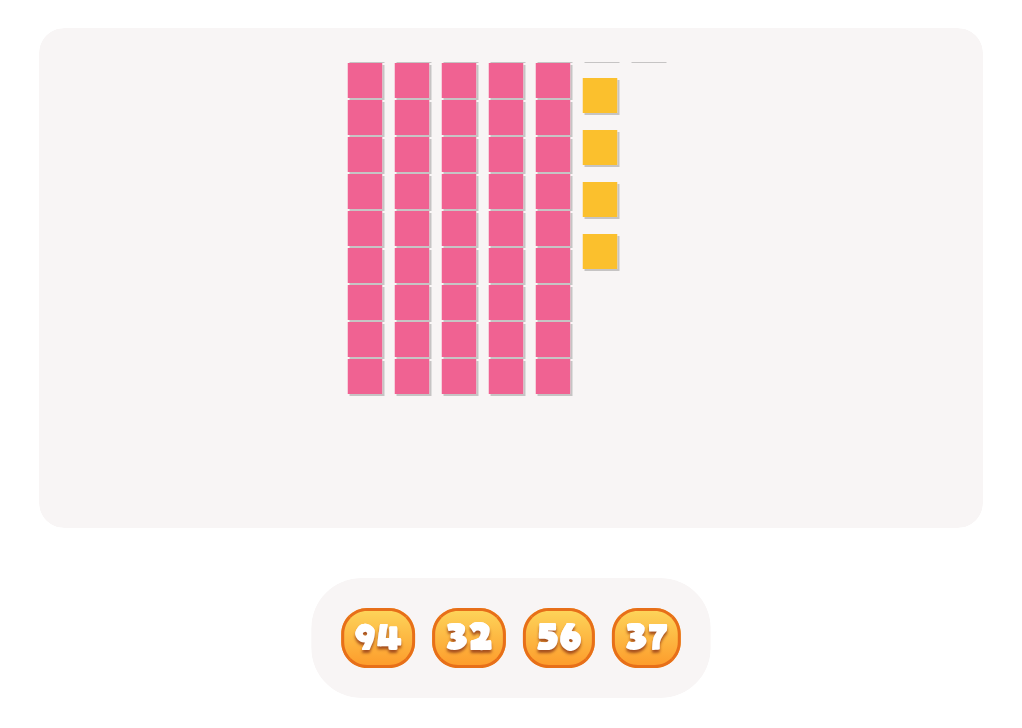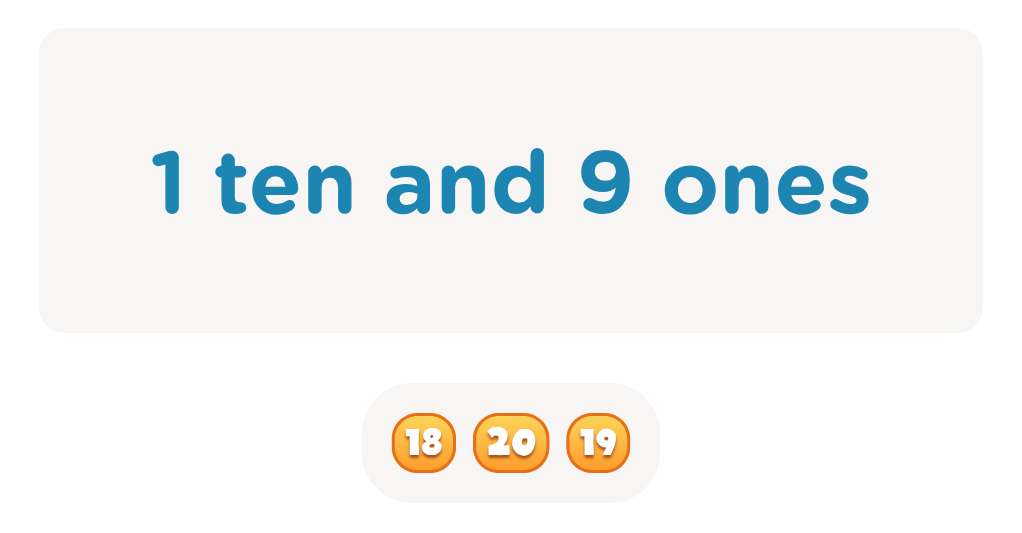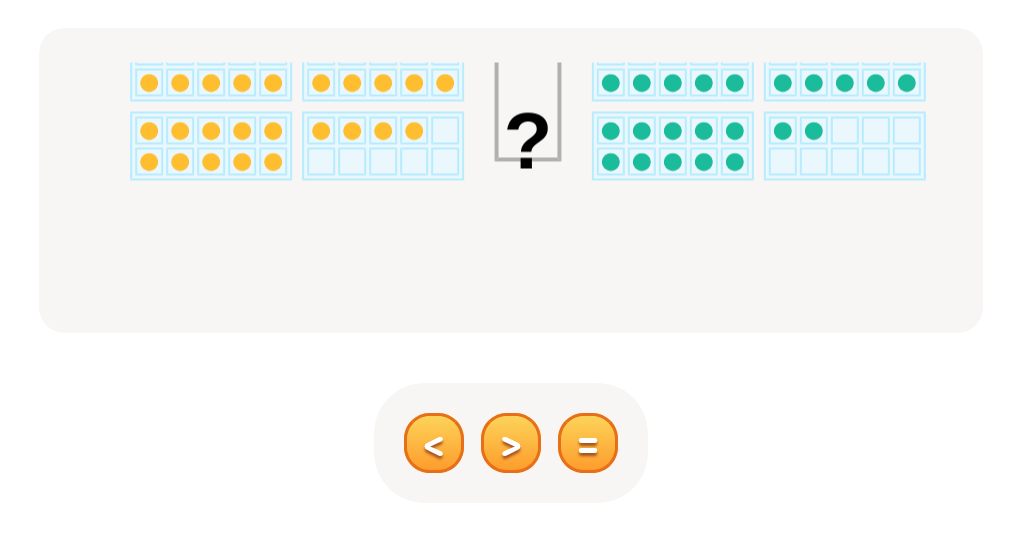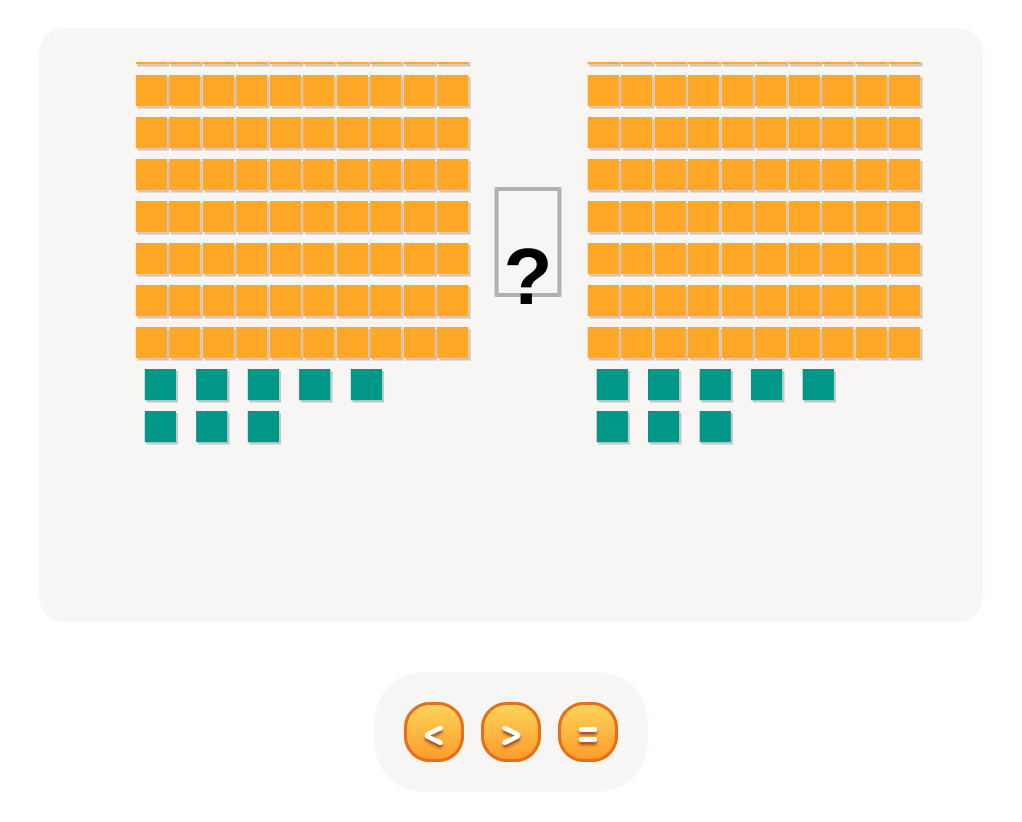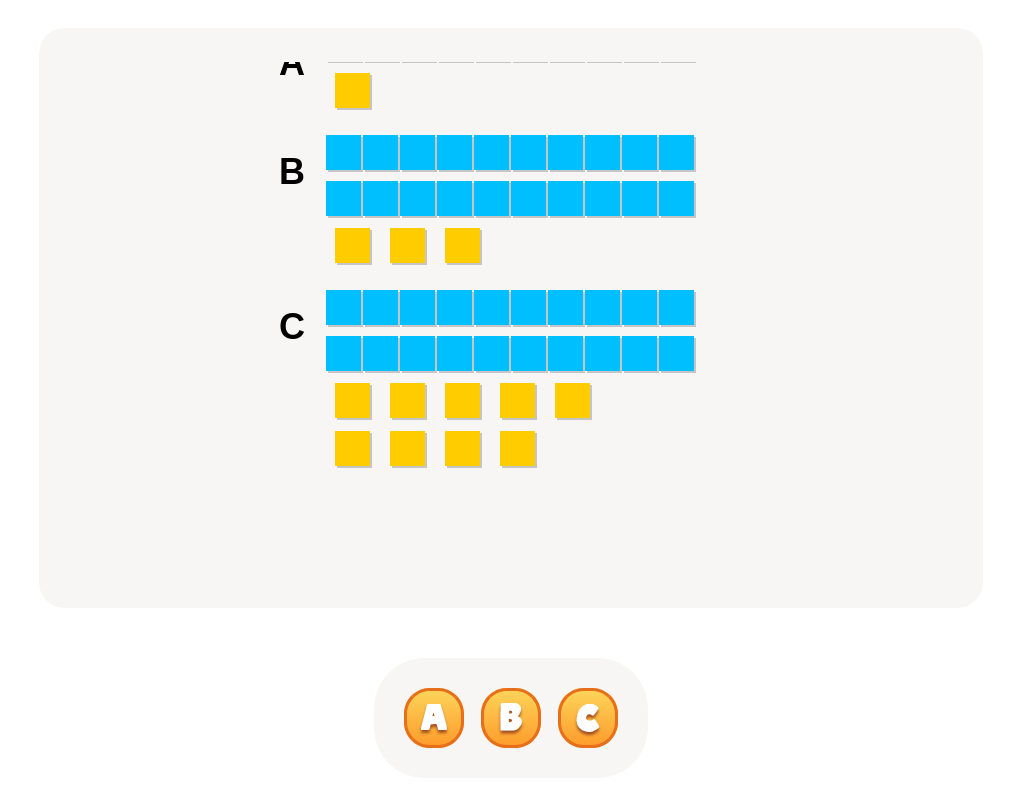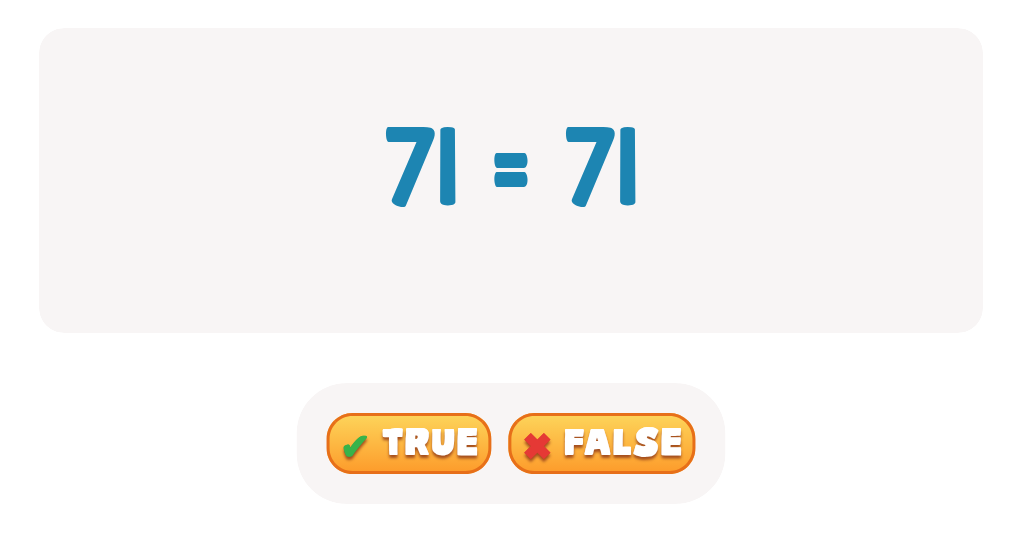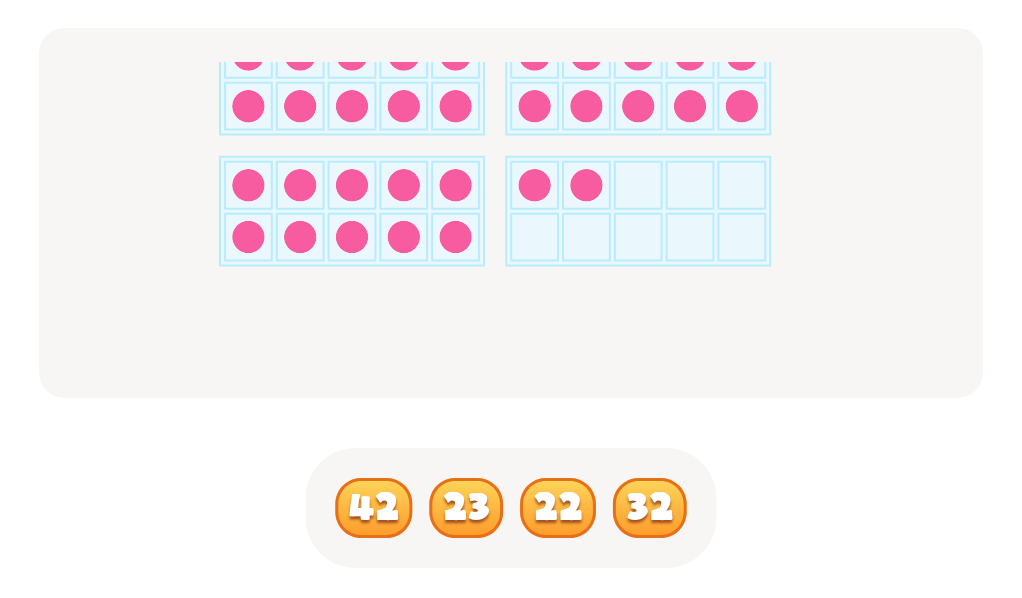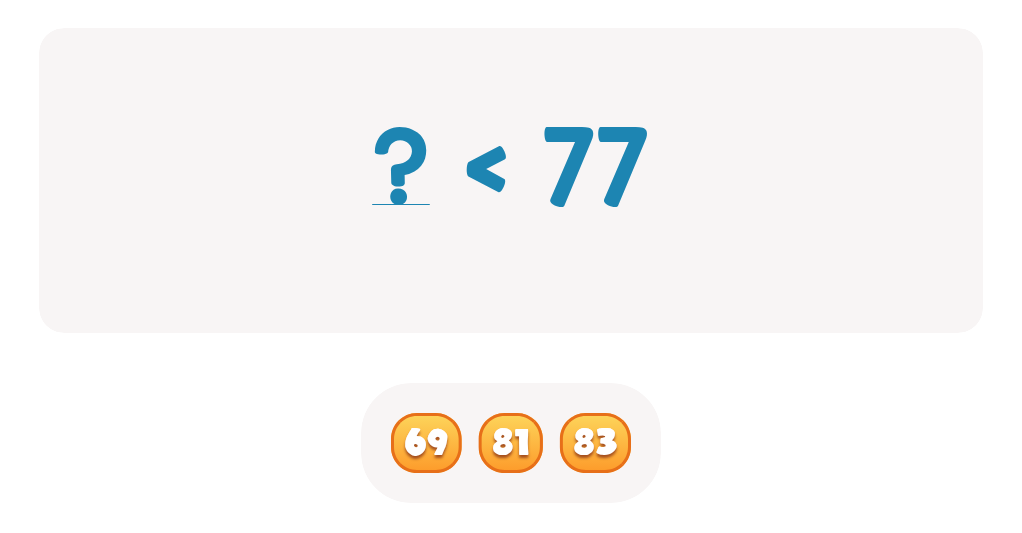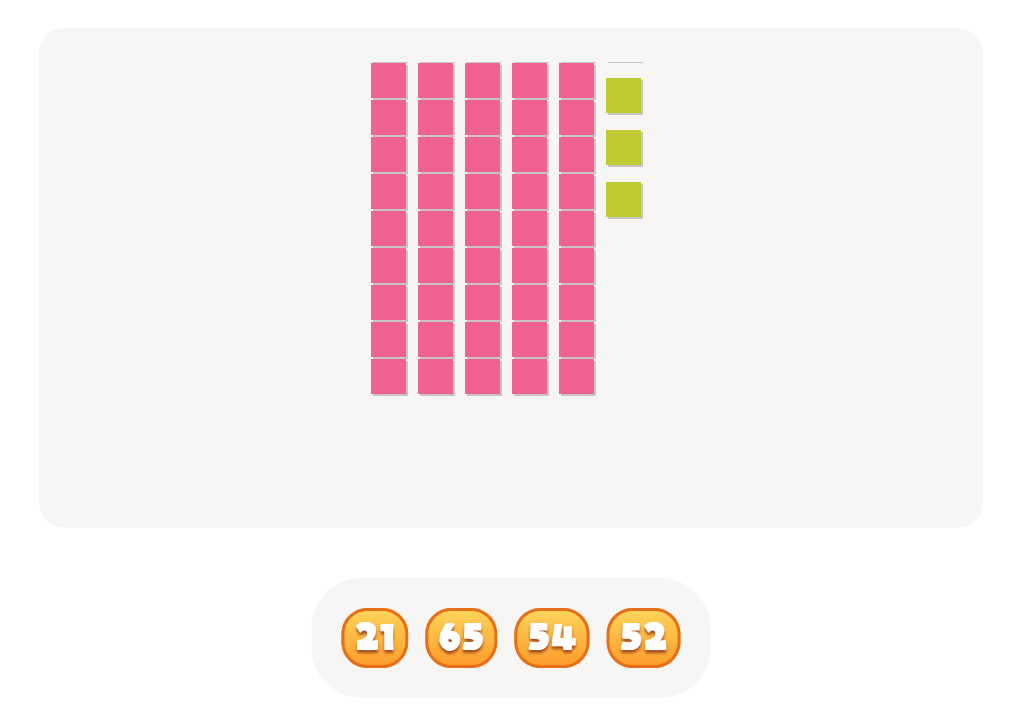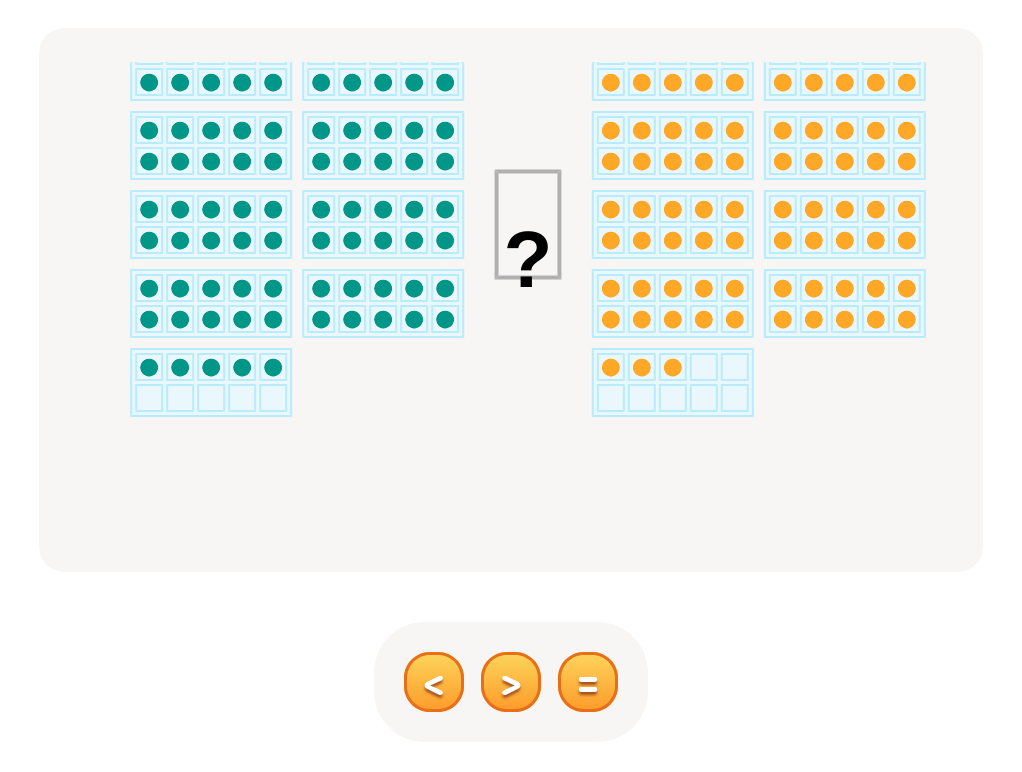Basic Math Skills Place Value Worksheets for Ages 6-7
5 filtered results
-
From - To
Discover our engaging Place Value Worksheets designed for children ages 6-7! These resources help young learners build essential math skills by exploring the concept of place value in a fun and interactive way. Our worksheets feature a variety of exercises that promote understanding of units, tens, and beyond, encouraging students to recognize and utilize numeric patterns confidently. Perfect for classroom activities or at-home learning, these printable worksheets reinforce foundational math knowledge and support the development of critical problem-solving skills. Boost your child’s mathematical competence while keeping them entertained with our colorful and accessible materials today!
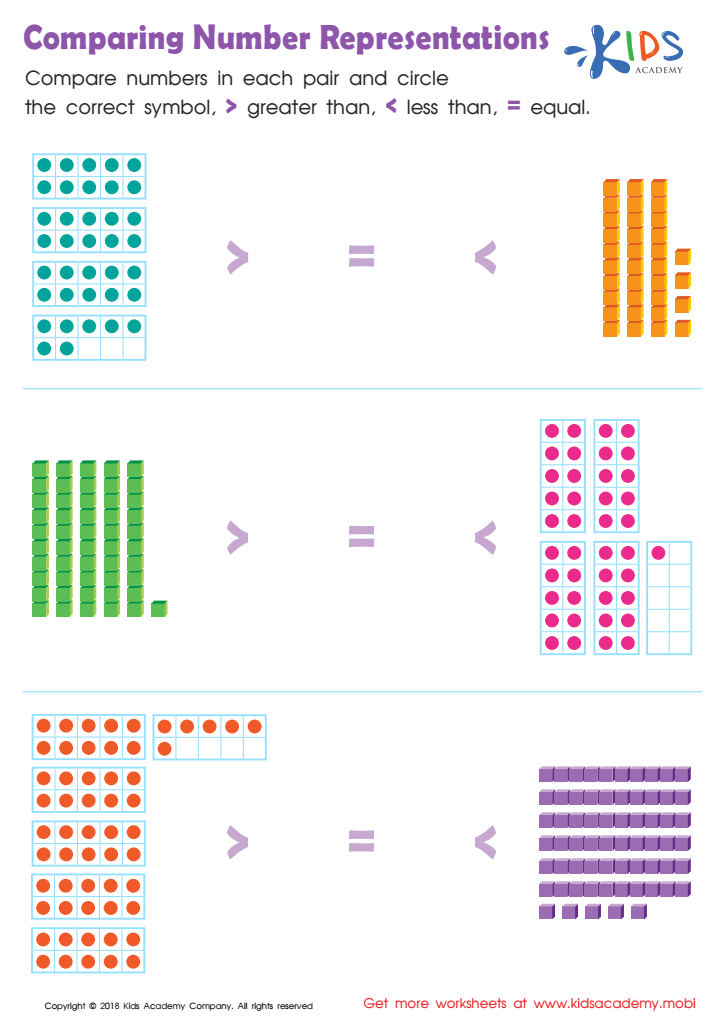

Comparing Number Representations Worksheet
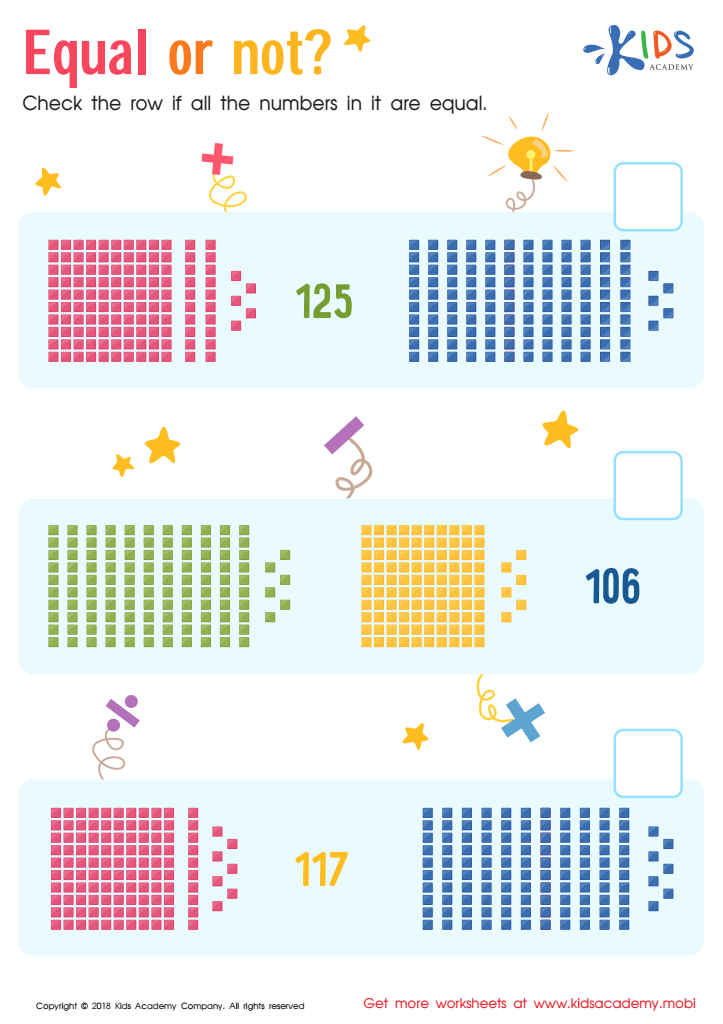

Equal or not Worksheet
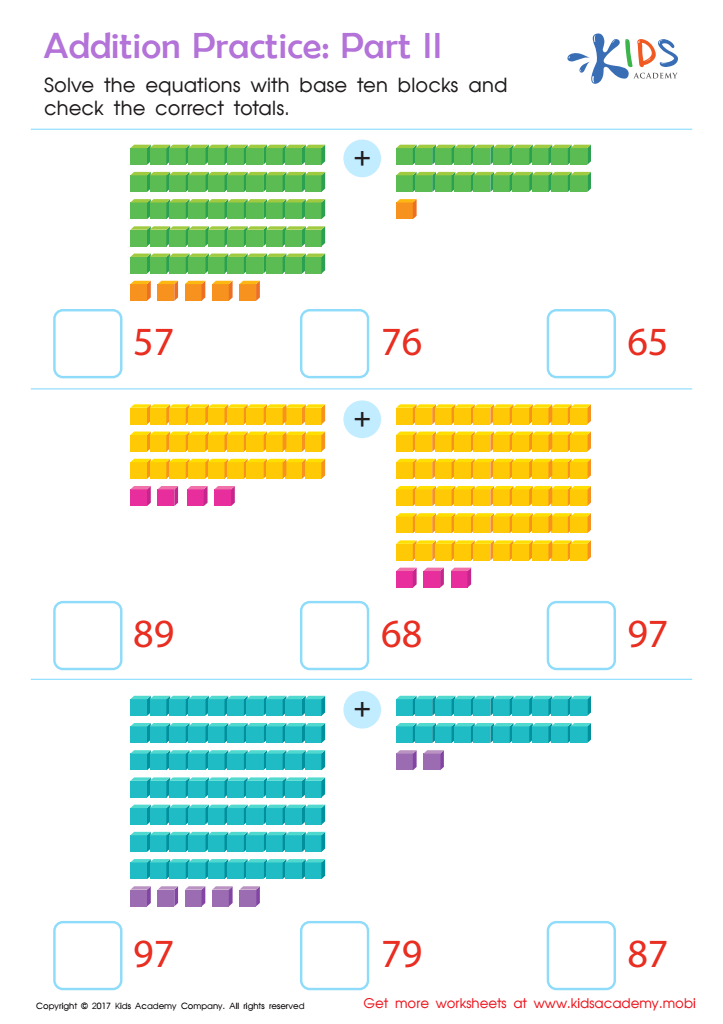

Addition Practice Sheet: Part 2
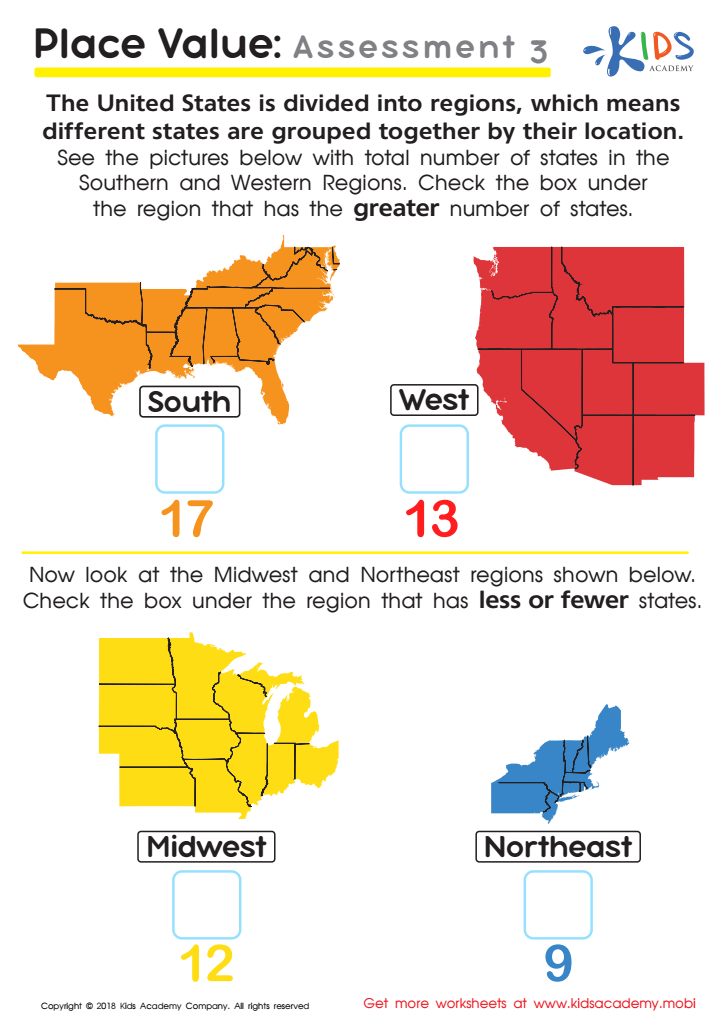

Place Value: Assessment 3 Worksheet
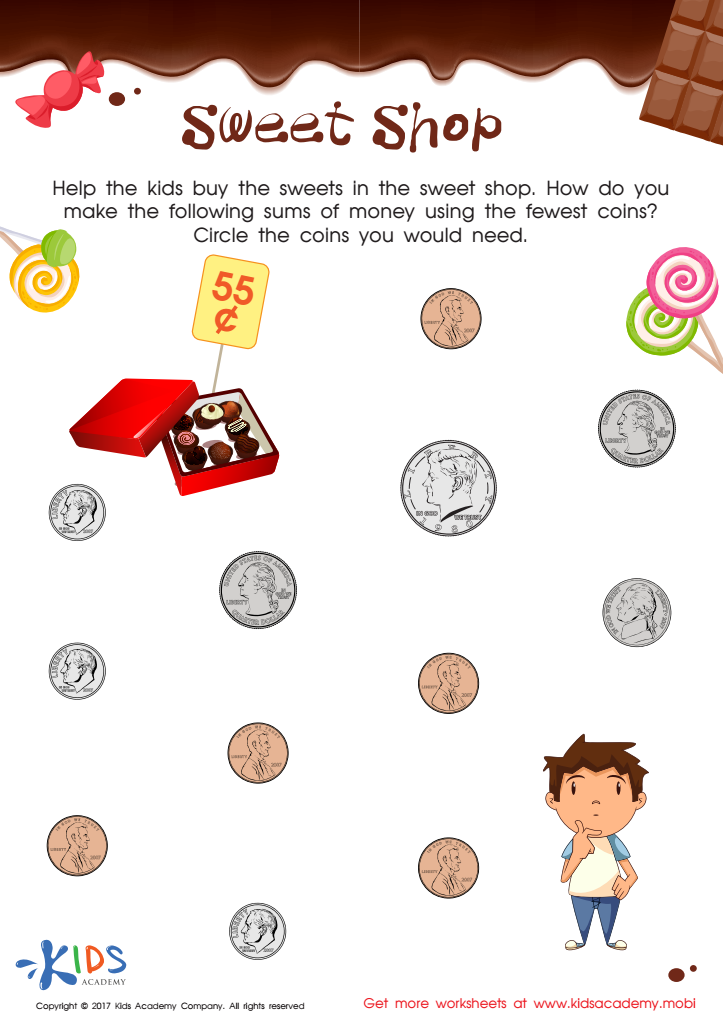

Sweet Shop – Counting Coins Worksheet
Basic math skills, particularly understanding place value, are crucial for children aged 6-7 as they lay the foundation for future mathematical learning and competency. At this developmental stage, children typically transition from counting to comprehending numbers more deeply, and place value forms the core of this understanding. When children grasp that the position of a digit in a number determines its value—millions versus tens, for instance—they begin to understand the structure of our number system, which is fundamental in addition, subtraction, and eventually multiplication and division.
For parents and teachers, fostering a solid understanding of place value helps build confidence and critical thinking skills in children. It empowers them to tackle more complex math problems and enhances their ability to engage with real-life mathematical situations, such as budgeting or measuring. Furthermore, a strong foundation in place value can significantly reduce math anxiety and increase a child’s motivation to learn, paving the way for a positive attitude towards STEM subjects. By nurturing basic math skills in this critical period, parents and educators play an integral role in equipping children for academic success and lifelong numeracy.
 Assign to My Students
Assign to My Students
